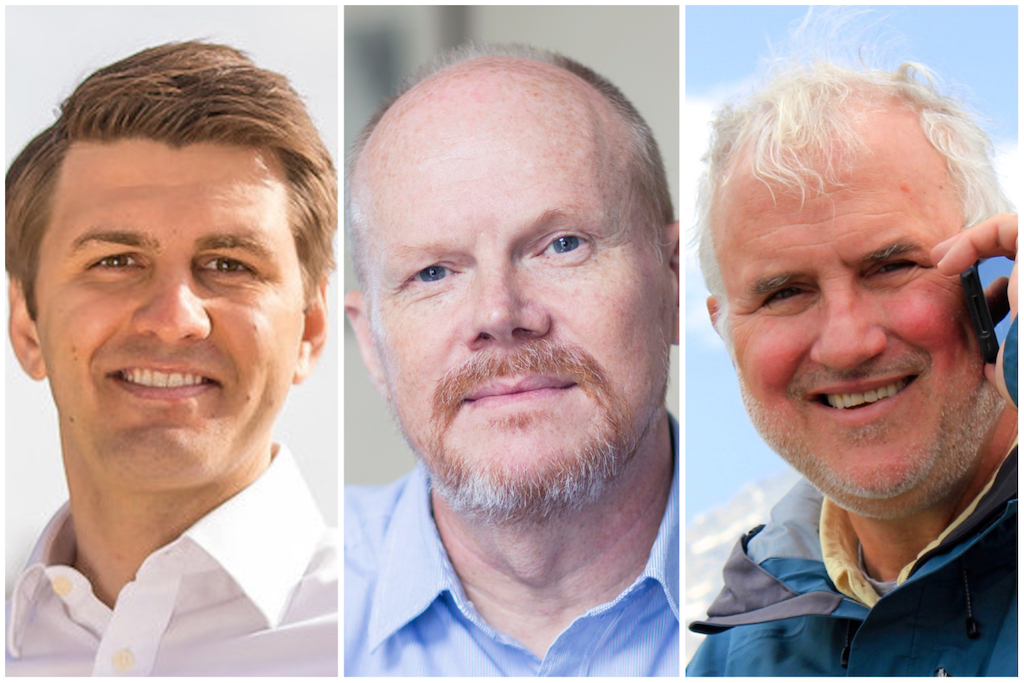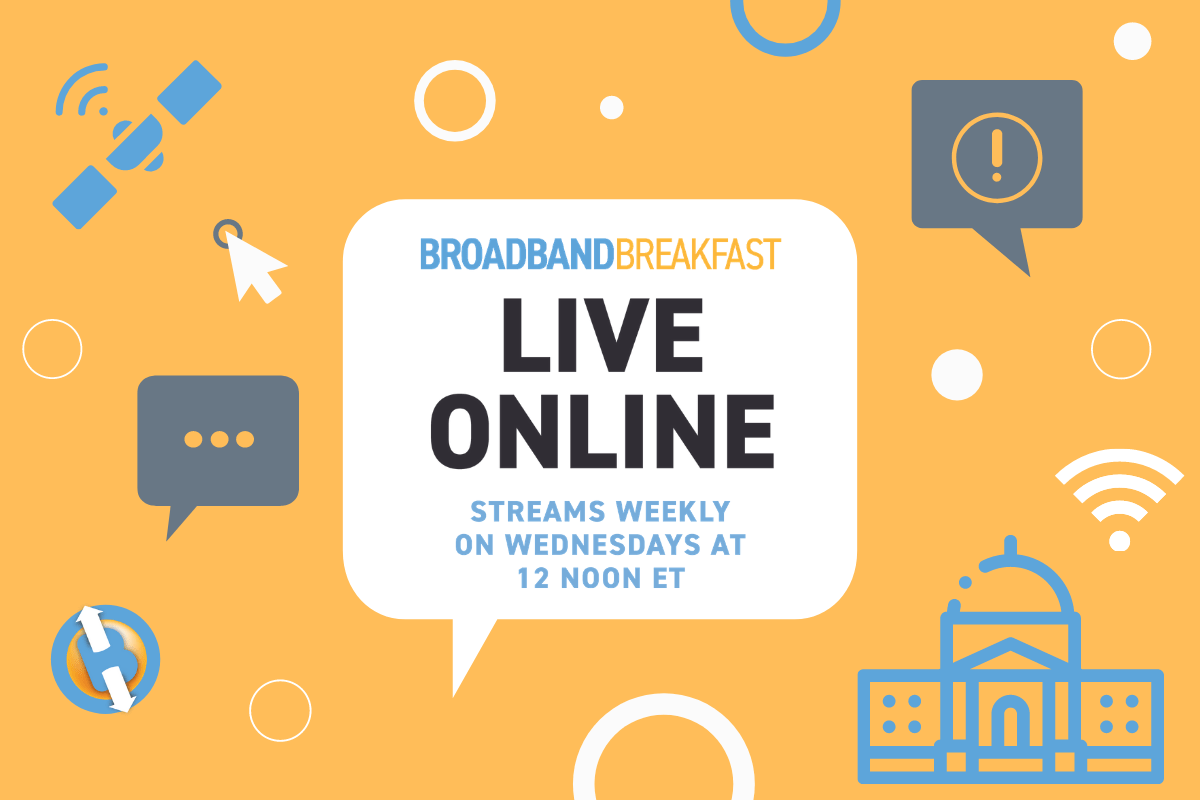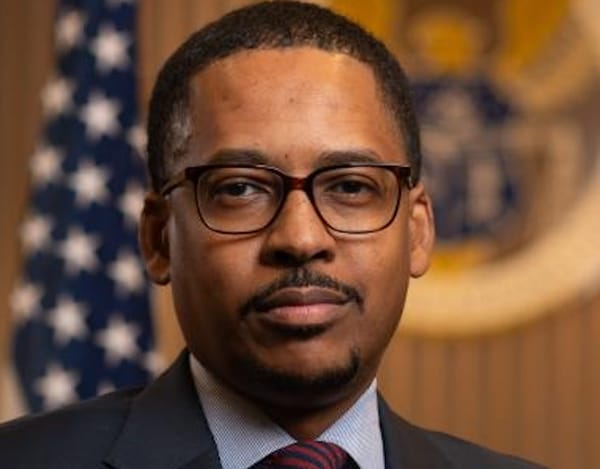Private Investors Can Jumpstart Community Networks, Say Broadband Breakfast Panelists
‘We believe that connectivity can be a new and distinct category in impact investing.’

WASHINGTON, September 29, 2022 – A new report from digital investment house Connectivity Capital is urging private investment firms to diversify their portfolios and plow more money into locally-owned and operated broadband networks worldwide.
Examining case studies from 10 communities worldwide, the September report suggests these firms, which often invest in healthcare and environment projects, put those social and environmental progress “impact investment funds” toward community connectivity providers. Connectivity Capital is such an investor and has funded projects in Africa, Asia, and Latin America.
At a Broadband Breakfast Live Online event Wednesday, Connectivity Capital Managing Partner Ben Matranga identified two common features of successful community providers: Innovation and cost-cutting. “Every single operator that we catalogued and certainty every operator that we invest in is doing something vastly different,” he said. “As you talk to these operators, they all have a culture of frugality,” he said.
Steve Song, telecommunications consultant and policy advisor at Mozilla, argued that community networks are “more than just about connectivity.” He said that, “In almost every case you see other kinds of social connections being built as a result of these initiatives.”
Similar stories from around the world
“Around the world we see a remarkably similar story, Community Connectivity Providers often delay or forgo expansion plans because of the lack of appropriate capital,” Matranga said in a prior interview with Broadband Breakfast. “What that means is that the over 3 billion unconnected people globally are locked out and left behind from the transformational power of the internet.”
Matranga added that he hopes the report will “demystify” the phenomenon of community-driven broadband networks and illustrate the best practices of successful CCPs – i.e., cooperatives, municipal networks, small operators, etc. He said hopes to encourage more impact investors to fund broadband projects.
“We believe that connectivity can be a new and distinct category in impact investing,” Matranga said.
The report comes at a time when multiple U.S. states have put into place roadblocks to municipal broadband builds, though some have rolled-back some of those restrictions. The issue with those types of projects, they say, is that they will prevent private competition.
The National Telecommunications and Information Administration, the Commerce agency tasked with distributing $42.5 billion to the states for broadband builds, has said that municipal builds must be considered when utilizing the federal money.

The reports recommends that policymakers accommodate the needs of various types of CCPs and design a simple, clear regulatory environment in which all can operate. The report also suggests state loans, subsidies, and technical-assistance initiatives.
As federal money hangs over the states, more digital investment firms are putting money toward broadband builds. For example, a Dutch pension fund manager, APG Group NV, last year bought a 16.7 percent stake in SiFi Networks, a network builder that specializes in open-access fiber-to-the-home. SiFi has built its trademark “FiberCity” projects nationwide and on Thursday announced the beginning of constructing on a citywide network in Kenosha, Wisconsin.
Editor’s note: This story and headline, published on the morning of Wednesday, September 28, as “Private Investors Can Jumpstart Community Networks, Says New Report,” have been updated to reflect comments made by speakers during the Broadband Breakfast Live Online event at 12 Noon ET on Wednesday.
Our Broadband Breakfast Live Online events take place on Wednesday at 12 Noon ET. Watch the event on Broadband Breakfast, or REGISTER HERE to join the conversation.

Wednesday, September 28, 2022, 12 Noon ET – Financing Mechanisms for Community Broadband
In the world of digital infrastructure financing, it often seems like there’s a “Private Sector is from Mars” and “Non-profits are from Venus” attitude. The conversations have been segmented and distinct. But a new approach suggests change is underway. A report by Connectivity Capital, in association with the Association for Progressive Communication, Internet Society, and Connect Humanity, provides a new paradigm: Community Connectivity Providers. What are they and why are they important? What are the various operational models and examples? What financial mechanisms have been used and how are investors allocating capital to expand broadband access? Join us for a Broadband Breakfast Live Online discussion exploring this new convergence of financing and broadband.
Panelists:
- Ben Matranga, Managing Partner, Connectivity Capital
- Steve Song, Telecommunications Consultant & Policy Advisor, Mozilla
- Jim Forster, General Partner, Connectivity Capital
- Drew Clark (moderator), Editor and Publisher, Broadband Breakfast
Panelist resources:
- Financing Mechanisms for Locally Owned Internet Infrastructure (web page) with resources, Connectivity Capital, Association for Progressive Communication, Internet Society, and Connect Humanity, September 2022
- Financing Mechanisms for Locally Owned Internet Infrastructure (Google Doc report), Connectivity Capital, Association for Progressive Communication, Internet Society, and Connect Humanity, September 2022
- Private Investors Can Jumpstart Community Networks, Says New Report, Broadband Breakfast, September 28, 2022

Ben Matranga is the Managing Partner at Connectivity Capital, the world’s first impact investment firm focused exclusively on expanding broadband access in emerging markets. Connectivity Capital manages over a dozen investments in digital infrastructure including ISPs operating in 16 countries across Sub-Saharan Africa and Southeast Asia. Ben has over fifteen years of experience leading private equity and venture capital investments in emerging markets. Ben previously was an Investment Officer with the Soros Economic Development Fund, a $350 million impact investment fund founded by George Soros, where he led a broad range of transactions co-investing with sovereign governments, Development Finance Institutions, and institutional investment funds.
Steve Song is a Policy Advisor with the Mozilla Corporation; a consultant on access regulation and policy to the Association for Progressive Communications; and a research partner with the Network Startup Resource Center. His blog, manypossibilities dot net, is a popular destination for anyone working on African telecommunications and internet issues. Since 2009, Steve has been actively maintaining public maps of undersea and terrestrial fibre optic infrastructure in Africa. He is also the founder of Village Telco, a social enterprise that manufactured low-cost WiFi mesh VoIP technologies to deliver affordable voice and Internet service in under-serviced areas. Previously, Steve worked at the International Development Research Centre (IDRC) where he led the organization’s ICTs for Development program in Africa, funding research into the transformational potential of ICTs.
In addition to serving as General Partner at Connectivity Capital, Jim Forster serves as the Managing Director of International Network Investments. He has over 35 years of hands-on leadership and technical expertise in networking equipment and Internet infrastructure. He spent over 20 years at Cisco Systems, starting in 1988 as the very first software development Manager, and became Distinguished Engineer leading various initiatives across IOS Software Development, System Architecture, and Business Development. He is a contributing author to Wireless Networking in the Developing World, the pioneering guide to building low-cost wireless network infrastructure in the developing world.
Drew Clark (moderator) is CEO of Breakfast Media LLC, the Editor and Publisher of BroadbandBreakfast.com and a nationally-respected telecommunications attorney. Under the American Recovery and Reinvestment Act of 2009, he served as head of the State Broadband Initiative in Illinois. Now, in light of the 2021 Infrastructure Investment and Jobs Act, attorney Clark helps fiber-based and wireless clients secure funding, identify markets, broker infrastructure and operate in the public right of way.
WATCH HERE, or on YouTube, Twitter and Facebook.

As with all Broadband Breakfast Live Online events, the FREE webcasts will take place at 12 Noon ET on Wednesday.
SUBSCRIBE to the Broadband Breakfast YouTube channel. That way, you will be notified when events go live. Watch on YouTube, Twitter and Facebook.
See a complete list of upcoming and past Broadband Breakfast Live Online events.








